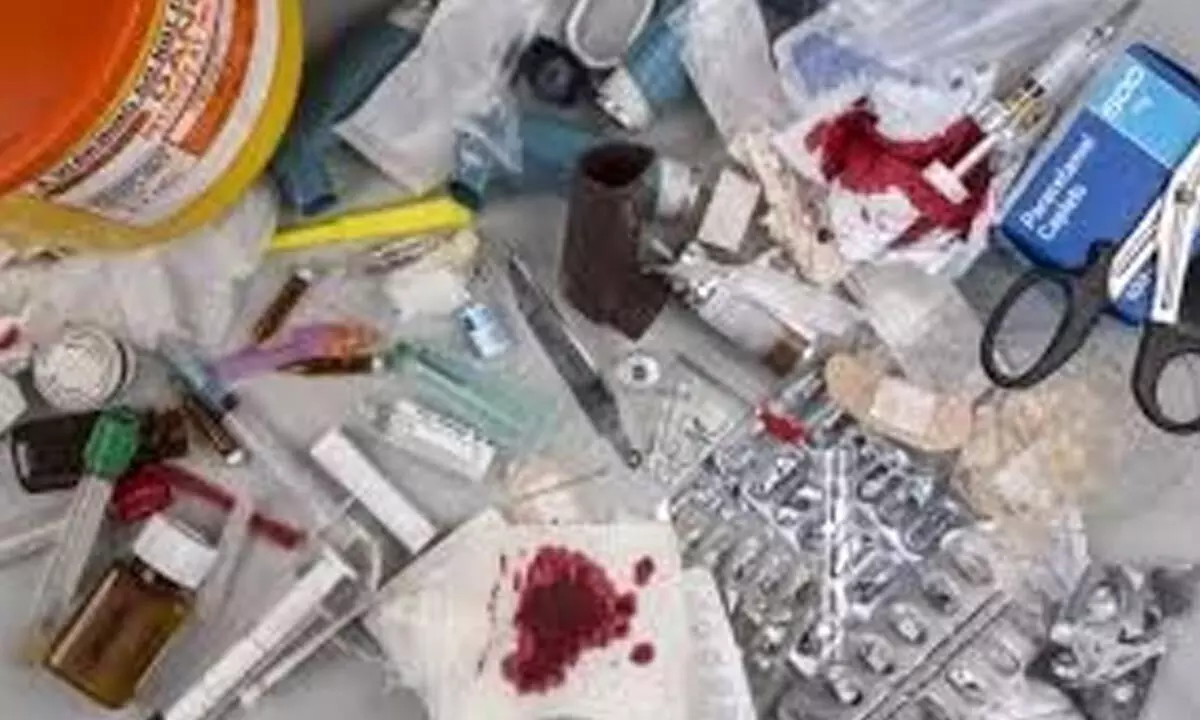Live
- Kerala LoP Satheesan urges CM Vijayan to pass resolution against draft UGC regulations
- Human Trafficking Awareness Day 2025: History, Significance, and Theme
- Hrithik Roshan reflects on legacy and inspiration
- Dhivyabharathi promises an unforgettable experience with ‘Kingston’
- India remains a bright spot in global GDP growth trajectory: Economists
- Director Kiruthiga Udhayanidhi encourages actors to embrace bold roles
- ‘Fateh’ review: Feast to action lovers
- Samantha overcomes health setbacks; shares updates on social media
- Kejriwal swindled Rs 2,026 cr through liquor scam, shows CAG report
- Angola reports 119 cholera cases, including 12 deaths









